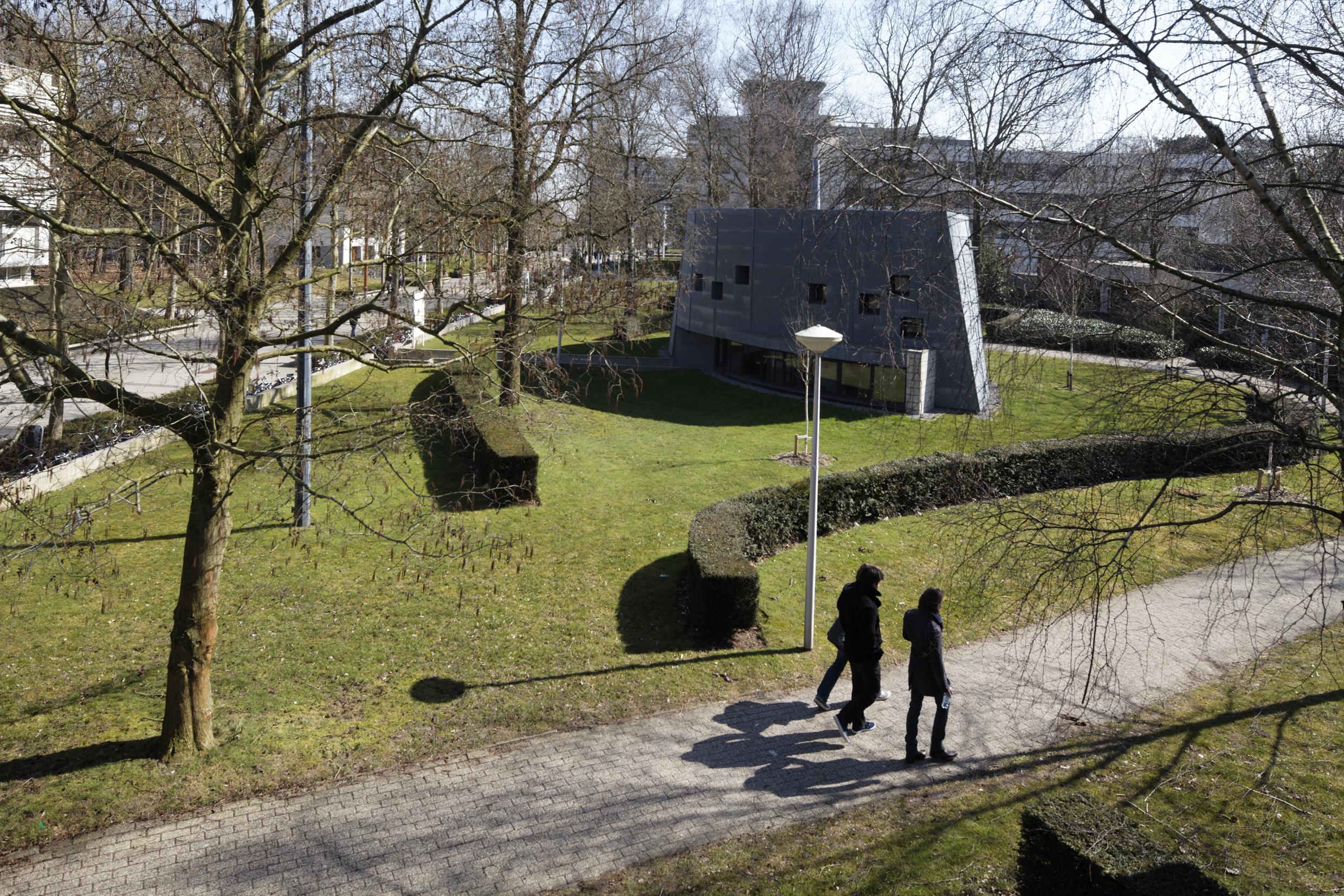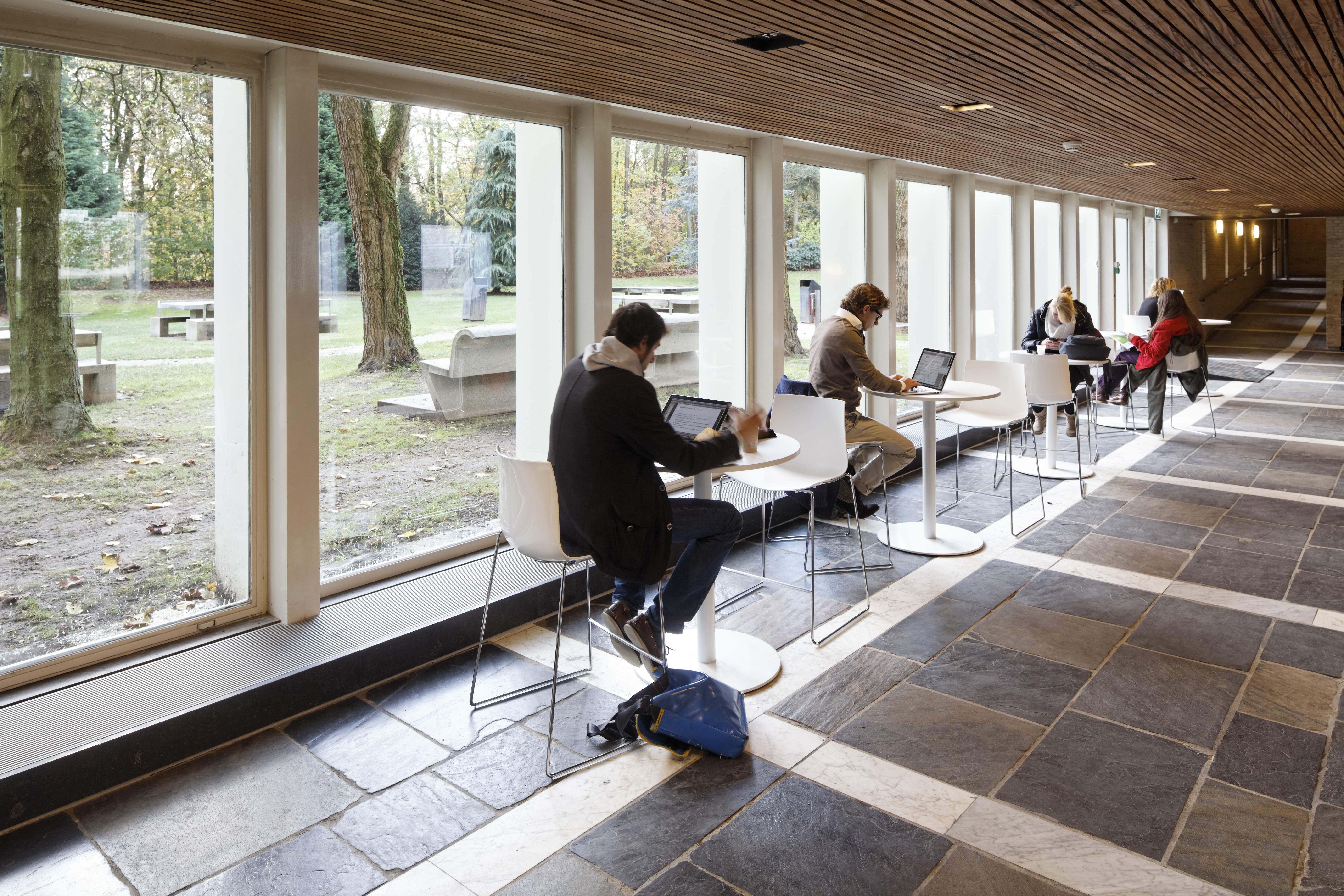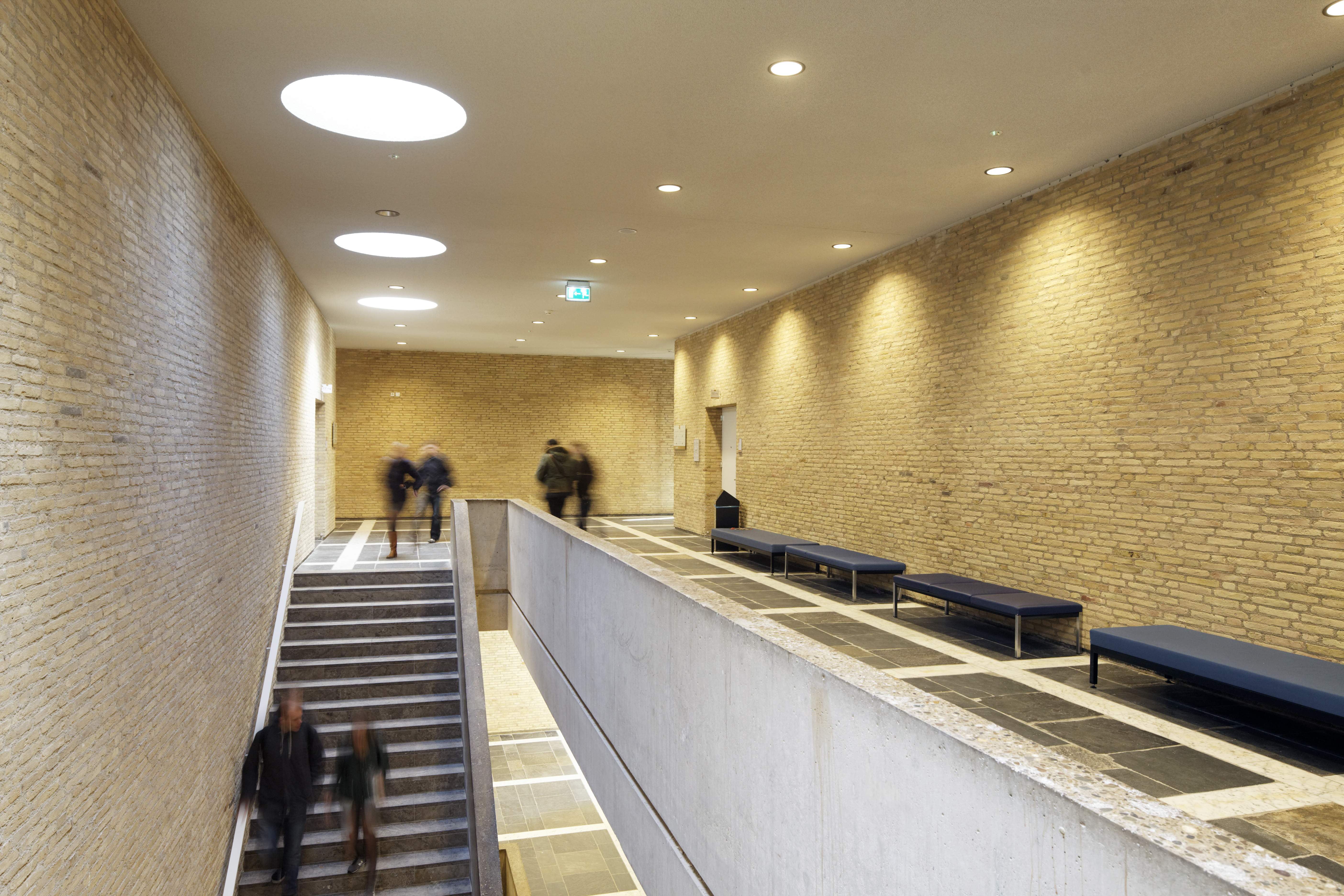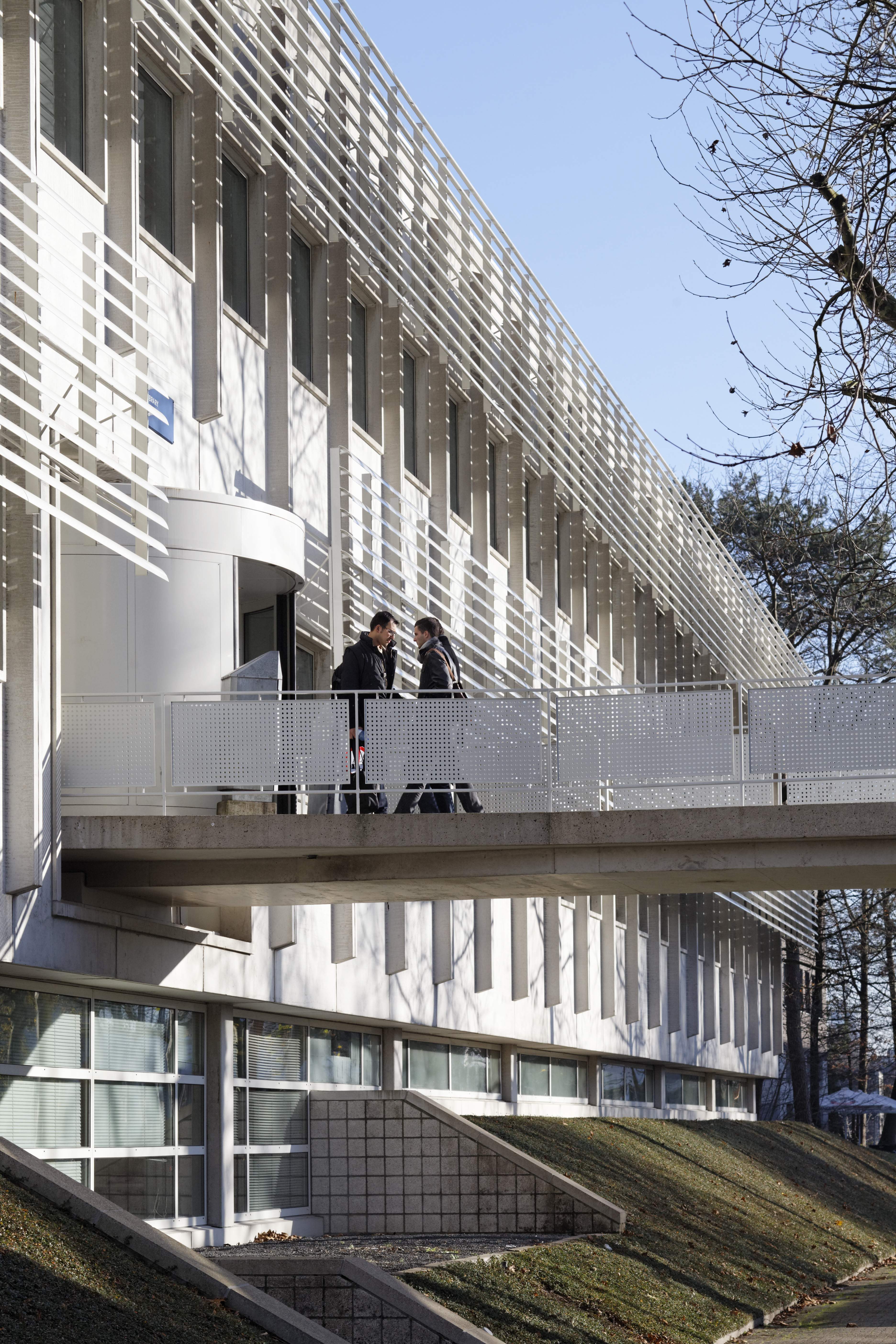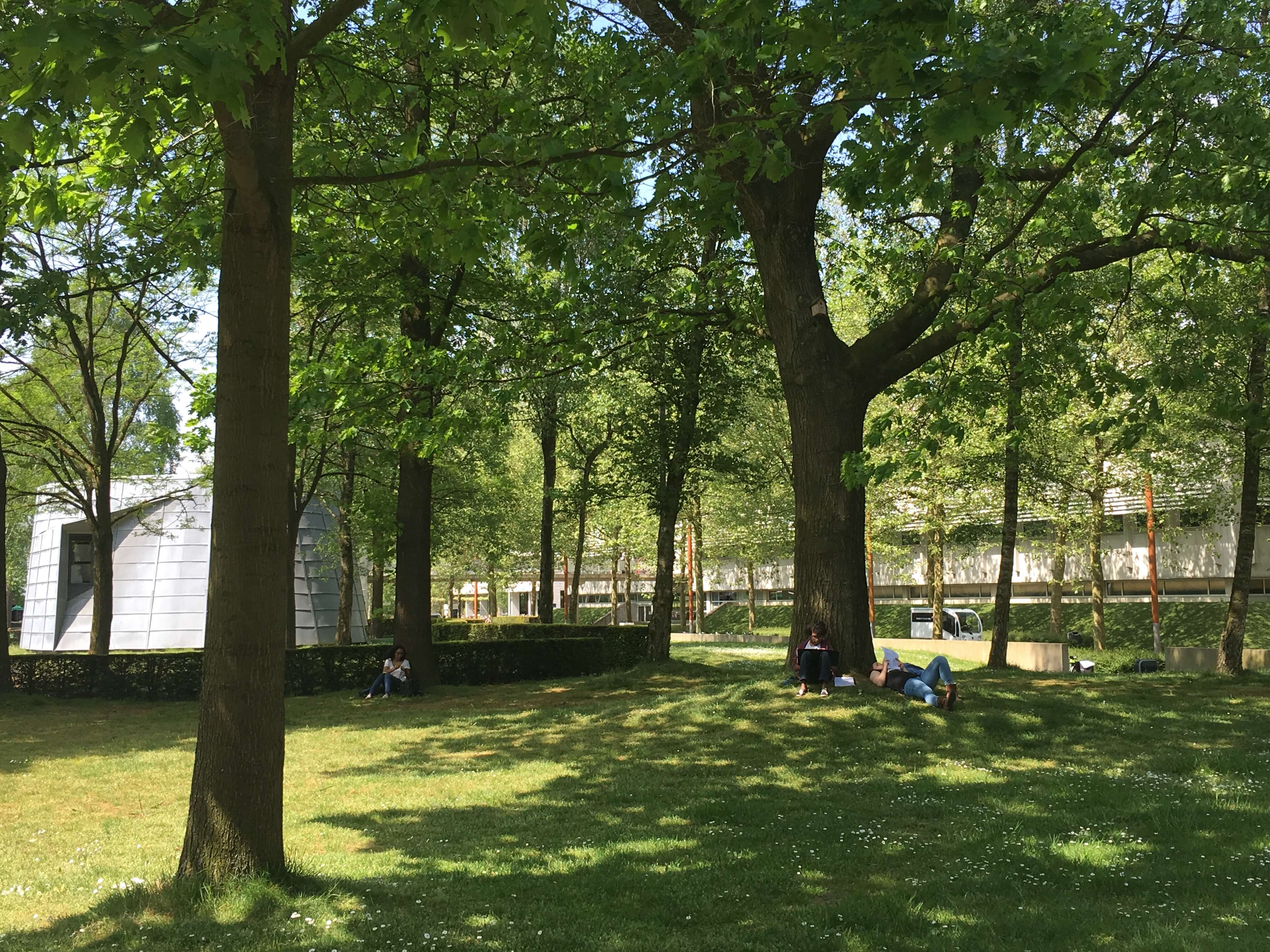Program content
Block 1: August - October
Introduction and Theories about Positive Psychology
Study central theories of positive psychology as a scientific study of optimal functioning. You will discuss themes such as pleasure and positive emotions, flow and happiness, optimism and positive thinking, self-determination theory, character strengths, meaning and purpose, love and positive relationships, trust, cooperation and altruism, and cross-cultural impacts.
Assessment and Interventions
Learn how to measure positive psychological constructs, such as human strengths, positive emotions, well-being, and optimism. You investigate positive psychology interventions, such as gratitude interventions, strengths interventions and appreciative inquiry interventions, and how these can be applied. You will also learn how to tailor positive psychology interventions to the needs of the individual.
Introduction internship
Master's thesis
Block 2: October - January
Personal Development, Growth and Resilience
Study personal growth throughout life. You look at how critical life events stimulate people to grow, change, and improve and empower themselves. Examples of life events include: getting a new job, getting a new relationship, having a child, getting ill, retiring, etc. You will also focus on personal development in the context of work. You will look at how workers set personal learning goals and how they reach them.
Positive Institutions
Study institutional and organizational factors that may impact the well-being and flourishing of individuals and communities. You focus on the implications of positive psychology principles for institutions such as education, healthcare and work and organization.
Master’s thesis
Block 3 & 4: January - July
In Block 3 and 4, you will do an internship and work on your Master's thesis.
Internship
Master's thesis
Internship
In the first block, you will start preparing for your internship: you will formulate your personal learning goals, and, guided by an academic supervisor, you will find an organization where you can fulfill these learning goals. You also get preparatory training regarding your internship (related to practical coaching/training skills). In the third and fourth block, you will do your internship. The internship is mandatory and takes three days a week.
You will develop skills related to the identification of strengths and/or personal resources and the development and delivery of interventions which are aimed at enhancing the well-being of individuals.
You will be trained in helping clients and groups to discover their positive strengths and their goals and how to achieve them.
You will become a scientist-practitioner in a broad range of professional settings. You will work as a personal coach and counselor in educational settings, mental health institutions, organizations, human resources or private practices.
During the internship, you will acquire skills such as conversation techniques, assessment, and designing an intervention or personal growth trajectory tailored to the individual or the group.
Internship organizations
Your internship takes place in a school, (applied) university, company or mental health center. It is your own responsibility to search for an internship, but you will be guided by the program.
Schools are an important field for positive psychologists. They can help the organization increase the well-being and creativity of both pupils and teachers. International students may do an internship in the Netherlands at international schools, whereas Dutch-speaking students may find an internship at a Dutch school.
Universities are also focused on the well-being and strengths of students and employees. Internships may take place in the HR-department or career center. You could also be allocated to a student advisor, the Program for Academic Study Success (PASS) or the student counseling services, where you will focus on the academic and personal well-being of students. If you have an international background, you will be focused on international students and employees.
You can also do an internship in mental health care. We collaborate with organizations that have an international scope where international students are able to do their internship.
Please note that you do not have the opportunity to acquire the basic registration of psychodiagnostics (BAPD), and to fulfill the requirements for the Dutch post-Master's program to become a GZ psychologist or psychotherapist. For more information, visit the website: Bewijsstukken voor aanvragen LOGO Verklaring.
Master’s thesis
Mid-September, you will be informed about all aspects of the Master’s thesis (subject, research process, data collection, data analysis, and reporting). The Master's thesis counts for 18 credits.
You will start by selecting a thesis topic, in consultation with your supervisor. Your supervisor monitors the quality of your thesis and ensures that the thesis reaches the desired academic level. An independent co-assessor is involved twice in the assessment process: in the approval of the individual research proposal (IRP) and the assessment of the final thesis.
Writing a Master's thesis is divided into two phases. The first phase (individual research proposal) takes place in block 2 (October-December). The second phase (data collection, analysis and writing the Master’s thesis) takes place in block 3 and 4 (January – July).
Thesis subjects include the following:
The Influence of Optimism on Adolescents' Emotions in Social Stress Conditions
Positive Mental Health
Positive Emotion Regulation in Daily Life
Self-compassion
Successful Aging
Positive Schools: Resilience, Self-esteem in Children
Authenticity
Positive Organizational Psychology
Strengths Interventions
Personal & Professional Development
Inclusive Talent Management
Human Resource Development
Workplace Learning
Watch a trial lecture
Do you want to experience what a lecture of this Master's program is like? Watch the recording of a lecture and get an impression what to expect.
Show less 